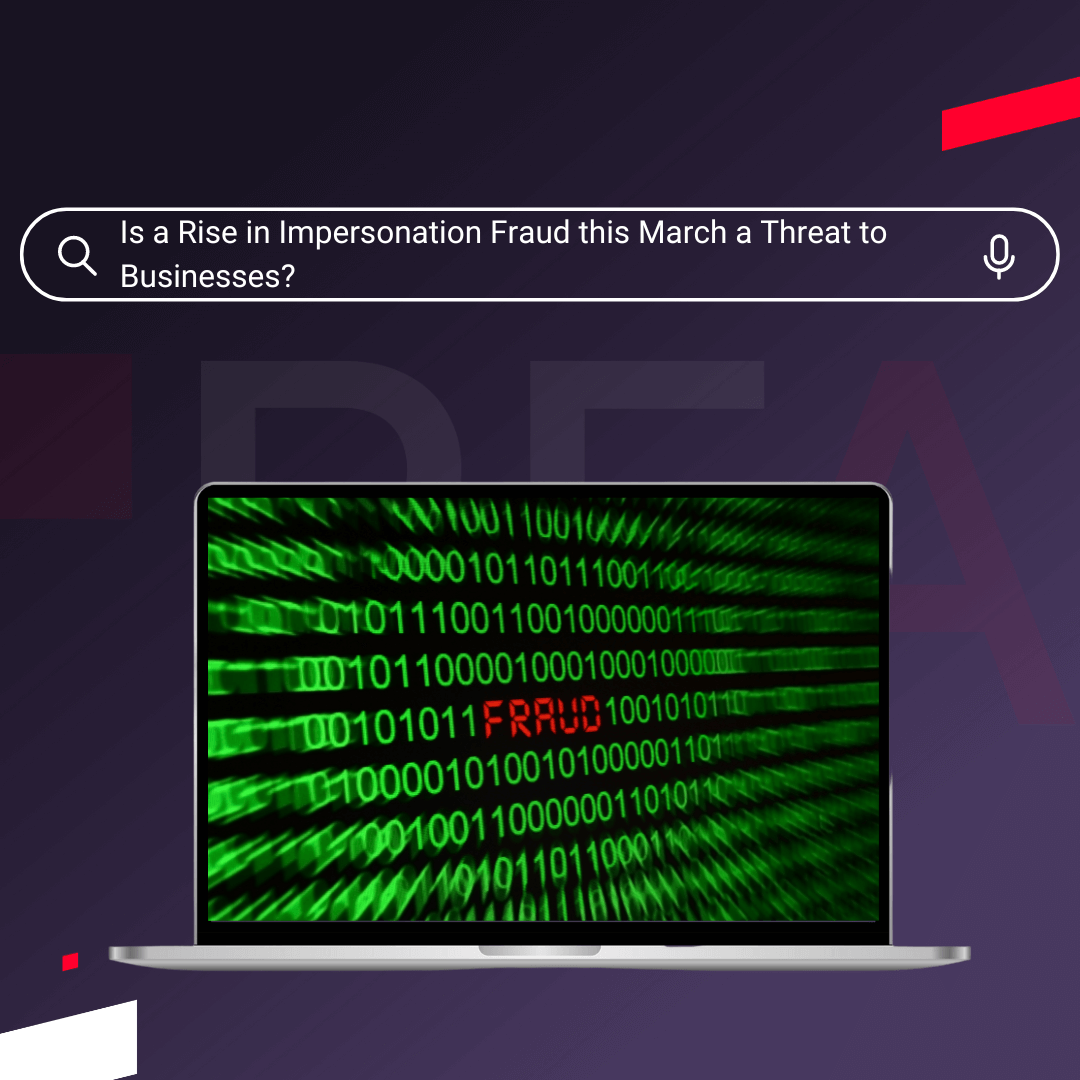In 2022, over £1.2 billion was stolen through fraud in the UK. With much of this coming from online sources, due diligence has never been so important.
When undertaking proper due diligence, it’s vital to investigate another business’s legal, financial, and commercial information before deciding to work with them. This screening process can prevent fraud from occurring and protect your organisation from being associated with any illegal activity.
As fraud is currently a major issue within the financial landscape of the UK, the significance of enhanced due diligence cannot be understated.
Understanding the Current Fraud Landscape
In the modern world, fraud is constantly evolving to take advantage of new technologies and exploit weaknesses in old ones.
The most common fraud to take place includes:
- Cybercrime
- Identity theft
- Financial scams
One high-profile case in recent years was a fraudster who exploited the COVID-19 support scheme for small businesses. Rais Kayani, 31, made multiple false applications to the emergency fund which led to a total of £195,000 defrauded from local councils. In July 2023, their illegal activity was discovered and they were sentenced to 18 months in prison.
Another recent fraud case was against four individuals who were behind the collapse of Patisserie Valerie on the 13th of September, 2023 (they have yet to be charged).
The company abruptly suspended trading, closing 70 stores and causing the loss of over 900 jobs. The four suspects have been charged with conspiring to inflate cash in the business’s balance sheets and annual reports, as well as concealing £10 million in debts from investors and creditors.
Involvement/association with fraud can lead to risks such as:
- Financial loss
- Theft
- Embezzlement
- Other types of financial crime
- Reputational harm
- Service interruptions
- Public disclosure of your company’s sensitive information
- Loss of customer data.
The Role of Due Diligence
Due diligence is defined as the detailed examination of a company and its financial records, done before becoming involved in a business arrangement with it.
The primary objective of due diligence in business and finance is to protect an organisation from exposure due to the level of financial crime in the UK. This is achieved through careful investigation of the economic, legal, fiscal, and financial circumstances of any associated business or individual before working with them.
Due diligence can help mitigate fraud risk by providing a systematic approach to assessing and managing potential threats.
There are many different types of due diligence including:
- Financial due diligence
- Legal due diligence
- Tax due diligence
- Operational due diligence
- IP due diligence
- Commercial due diligence
- IT due diligence
- HR due diligence
- Regulatory due diligence
- Environmental due diligence
Although all are important, the two you may want to focus on when it comes to protecting your business from fraud are customer due diligence (CDD) and enhanced due diligence (EDD).
Enhanced Due Diligence (EDD) Explained
Enhanced due diligence is part of your AML requirement that’s triggered when a prospect or customer is identified as high risk because of your KYC or CDD checks.
EDD requires companies to conduct a deeper investigation including research and verification into an individual or business to ascertain whether it’s safe and appropriate to conduct business with them. Customers who present a higher risk of money laundering or terrorist financing risks are required to provide additional information. This may be based on their location, the products they are interested in, or their characteristics.
This is part of a lot of legal and regulatory requirements, mostly anti-money laundering (AML) regulations such as money laundering, terrorist financing and transfer of funds (information on the payer) regulations 2017. This legislation has made EDD a necessity for most businesses.
The key components of an EDD process can be split into three steps:
- Gathering comprehensive customer information
- Risk Assessment
- Ongoing Monitoring
Implementing Enhanced Due Diligence
The first step in effectively implementing EDD measures includes adopting a risk-based approach.
You can use Red Flag Alert to perform additional enhanced due diligence using our IDV and AML checks, and PEPs/sanctions/adverse media checks. You can also search for relevant UBOs within our software. We also offer users ongoing company monitoring using tailored portfolios, with real-time alerts.
Technology and data analytics are of utmost importance when it comes to streamlining your EDD processes. Which is why it’s crucial to have an all-in-one tool like RFA at your disposal for access to unique insights, tools, checks, and all the data you need.
Industries/sectors where EDD is particularly critical are:
- Banking
- Fintech
- Real estate
- Construction
Benefits of Enhanced Due Diligence
Enhanced due diligence provides in-depth investigative research to identify financial crime and reputational risk posed by your customers and other third parties. As it is critical for preventing fraud and protecting both businesses and individuals, it is important to take this process seriously to maintain your company’s reputation and build trust with customers and partners.
Challenges and Considerations
A major challenge of EDD is understanding how much information about a customer is necessary, alongside resource allocation and customer friction.
There is a fine balance between privacy concerns and the need for thorough due diligence. As long as you meet the expected regulatory requirements, it’s up to your business to decide how much is needed for you to make the best decisions on who to work with.
Some ways to overcome these challenges include:
- Ensure your staff have sufficient EDD training so there is alignment on how the process works.
- Adopt a risk-based approach.
- Conduct all necessary checks as straightforward as possible by streamlining the process through one platform – Red Flag Alert.
Want to try Red Flag Alert for free?
Enhanced due diligence plays a critical role in combating fraud in today’s environment. Prioritising EDD as part of your risk management strategies can help protect your business from reputational damage, association with financial crime, and other risks such as financial losses and exposure to bad debt.
Red Flag Alert offers:
- A full range of risk-level checking
- Unbeatable match rates
- ID verification
- Compliance decisioning engine
- Enhanced due diligence.
- Sanctions and real-time screening of politically exposed persons
- Monitoring alerts
- A simple interface
- A secure audit trail.
Find out how you can deploy Red Flag Alert’s AML KYC platform to manage anti-money laundering risk, by starting your seven-day free trial today.




